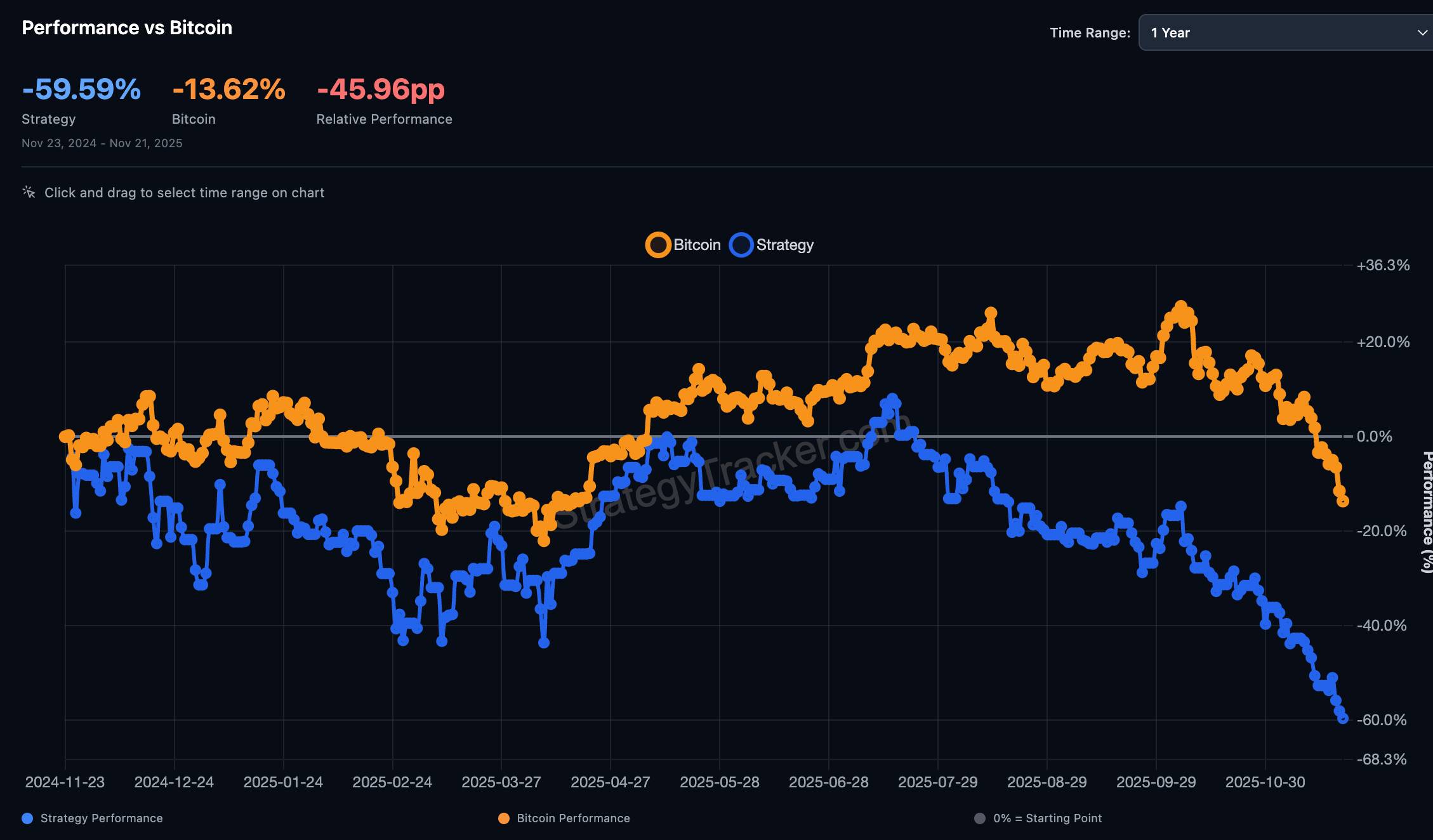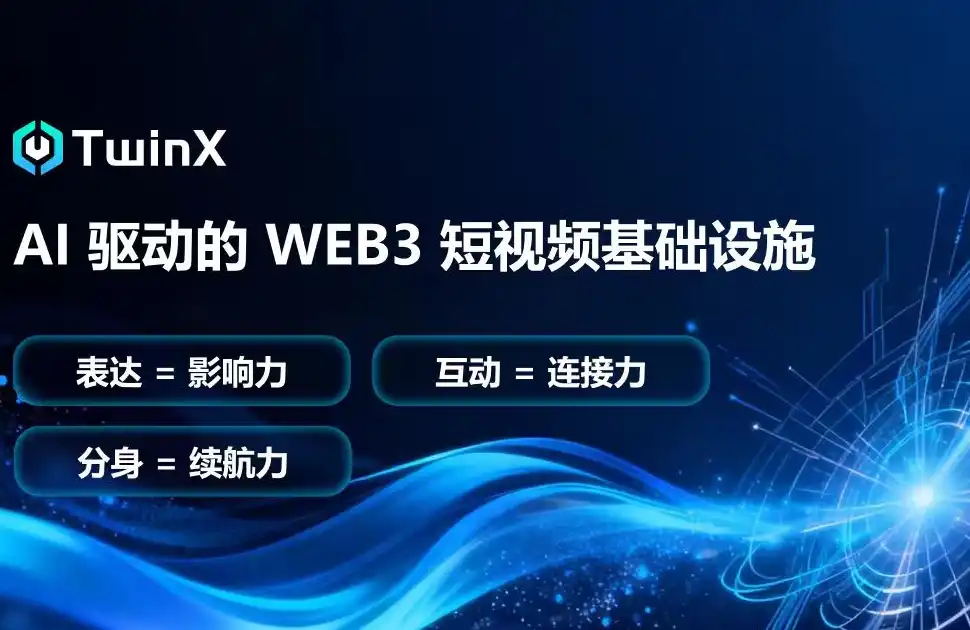Court closes Tornado Cash sanctions case ahead of co-founder’s trial
A years-long legal battle between crypto policy group Coin Center and the US Treasury Department over the sanctioning of crypto mixer Tornado Cash has officially come to an end.
In a June 7 post on X, Coin Center director Peter Van Valkenburgh announced that the legal fight over the Treasury’s authority to sanction Tornado Cash has come to an end. His post came after the Eleventh Circuit Court of Appeals officially dismissed the case, per recent filings.
“This is the official end to our court battle over the statutory authority behind the TC sanctions. The government was not interested in moving forward and defending their dangerously overbroad interpretation of sanctions laws,” he wrote.
The dismissal follows a series of earlier rulings, including a November 2023 decision in which a district court rejected Coin Center’s argument that the sanctions violated First Amendment rights, ruling that the Treasury’s Office of Foreign Assets Control (OFAC) had acted within its authority when it sanctioned Tornado Cash.
OFAC sanctioned Tornado Cash back in 2022, claiming the platform aided illegal financial activities, including the laundering of millions by the infamous North Korea-linked hacker group Lazarus .
But earlier this year, a different Texas court ordered OFAC to lift the sanctions, and the government chose not to appeal that decision. As a result, the Eleventh Circuit Court of Appeals said the case no longer needed to continue.
“The government’s view is that OFAC’s rescission of the designation moots this appeal. Plaintiffs’ view is that this appeal will become moot after the Texas judgment becomes final and unappealable,” the court said.
Still, Tornado Cash’s legal troubles are far from over. Roman Storm, who was indicted by the US Department of Justice over similar allegations of facilitating illicit financial activities, is set to stand trial next week. Storm has consistently maintained his innocence, stating that neither he nor his co-founders knowingly enabled criminal activity through the platform.
Fellow Tornado Cash co-founder Alexey Pertsev was convicted in May 2024 on similar charges and sentenced to 64 months in prison. He was recently released but remains electronically monitored on house arrest. Meanwhile, the third developer involved in the creation of the platform, Roman Semenov, also named in the DOJ indictment, remains at large and has evaded authorities since the initial crackdown.
Disclaimer: The content of this article solely reflects the author's opinion and does not represent the platform in any capacity. This article is not intended to serve as a reference for making investment decisions.
You may also like
$8.8 billion outflow countdown: MSTR is becoming the abandoned child of global index funds
The final result will be revealed on January 15, 2026, and the market has already started to vote with its feet.

Deconstructing DAT: Beyond mNAV, How to Identify "Real vs. Fake HODLing"?
There is only one iron rule for investing in DAT: ignore premium bubbles and only invest in those with a genuine flywheel of continuously increasing "crypto per share."

Empowered by AI Avatars, How Does TwinX Create Immersive Interaction and a Value Closed Loop?
1. **Challenges in the Creator Economy**: Web2 content platforms suffer from issues such as opaque algorithms, non-transparent distribution, unclear commission rates, and high costs for fan migration, making it difficult for creators to control their own data and earnings. 2. **Integration of AI and Web3**: The development of AI technology, especially AI Avatar technology, combined with Web3's exploration of the creator economy, offers new solutions aimed at breaking the control of centralized platforms and reconstructing content production and value distribution. 3. **Positioning of the TwinX Platform**: TwinX is an AI-driven Web3 short video social platform that aims to reconstruct content, interaction, and value distribution through AI avatars, immersive interactions, and a decentralized value system, enabling creators to own their data and income. 4. **Core Features of TwinX**: These include AI avatar technology, which allows creators to generate a learnable, configurable, and sustainably operable "second persona", as well as a closed-loop commercialization pathway that integrates content creation, interaction, and monetization. 5. **Web3 Characteristics**: TwinX embodies the assetization and co-governance features of Web3. It utilizes blockchain to confirm and record interactive behaviors, turning user activities into traceable assets, and enables participants to engage in platform governance through tokens, thus integrating the creator economy with community governance.

Aster CEO explains in detail the vision of Aster privacy L1 chain, reshaping the decentralized trading experience
Aster is set to launch a privacy-focused Layer 1 (L1) public chain, along with detailed plans for token empowerment, global market expansion, and liquidity strategies.

